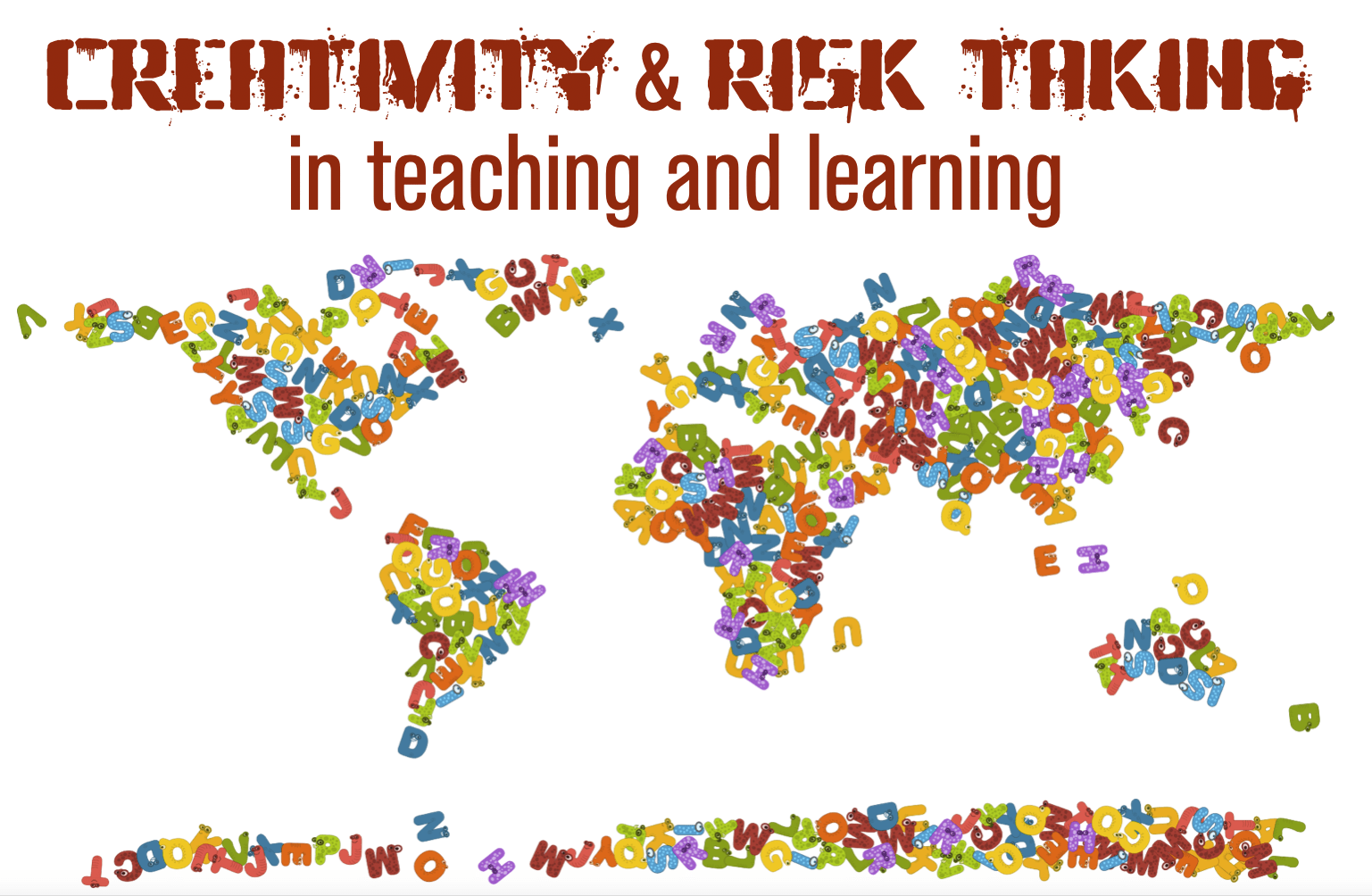
A couple of people have emailed me about the Obama campaign inserting advertisements into video games. Check out this Flickr set with screenshots of these advertisements. Most of the press is reporting that these ads show up in just racing games but as these screenshots indicate they are showing up in a range of games.
Since these XBox360 games are played over the net, the ads can be changed at will. AND, they can be targeted to specific geographic locations (and maybe even, since Microsoft has info about demographics, to specific age-groups too).
These ads, moreover, can fly below the radar screen of the main stream media. For instance the Obama campaign did not make an announcement before doing this. It was a gamer who first noticed it and EA sports and the Obama campaign took a day to respond, which is smart in its own way – taking advantage of the viral nature of way information spreads in the online world.
With targeting (which is getting better by the day, think gmail ads based on the content of your email) one can run a campaign that is very specific to a viewer’s interests (think ads for me that have an Indian-American flavor). Someone else, with a different background would get a very different ad, and neither of us would know that this was happening. This is already happening, though not with political ads, so far (as I had written here, How does my browser know I am Indian). This is part of the way in which the long tail phenomena will make its way into every aspect of our lives, especially as our online and “offline” (for want a better word) lives merge.
Browsing was always a private activity – but the assumption was that we were seeing “public” texts – texts that would be the same irrespective of who was visiting the site. This ability to customize means that that browsing the web will become even more personal and private. Each of us will live in a small “world” – somewhat of our own making, but more based on a set of discernable personal variables that will be used to categorize us. These categorizations will get better, and finely sliced but runs the risk of cocooning and shielding us from other information or ways of thinking. What next, newspapers that slant their writing based on who is reading? I wonder…
Finally, the regulations for online advertising are way behind those for TV, which means you can get away with more radical statements than you would on the mass medium. These current ads are relatively innocuous but, to paraphrase something Al Jolson said in the first talkie, You ain’t seen anything yet!




0 Comments